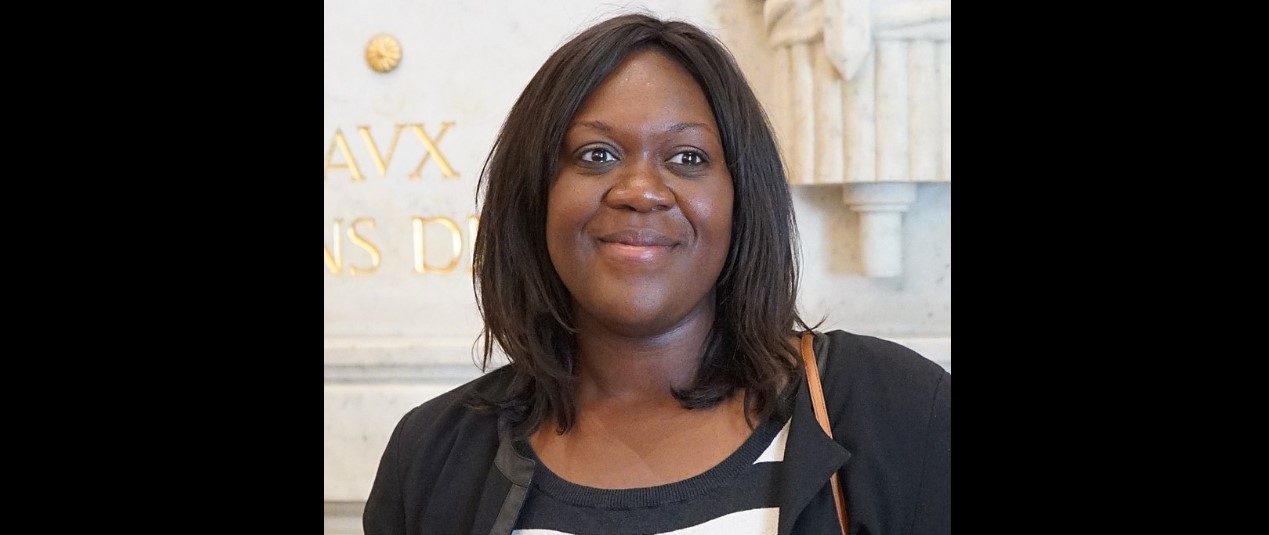The National Assembly largely approved the controversial law on 9 July against so-called “hatred” on the internet. The text of the LREM member for Paris Laetitia Avia was adopted at the first reading by 434 votes in favor, 33 against and 69 abstentions. The bill will be sent back to the Senate for a quick final adoption.
“It is a demanding and long-term struggle that is committed,” the author of the bill Laetitia Avia said. She added that she intends to lead the war against the “trolls” and “haters” she has been pursuing it for years, due, in particular, to her skin color.
It requires online platforms to remove within 24 hours any content “manifestly” unlawful, after notification by one or more users, under penalty of being sentenced to fines of up to 1,25 million euros.
The aim is to stop incitement to hatred, violence, racist abuse or religious insults. Beyond this, the text foresees a series of new constraints for the platforms: transparency on the means implemented and the results obtained, enhanced cooperation notably with the justice system, and increased attention to minors. The new censorship system will be controlled by the Superior Council for the Audio-visual (CSA).
Almost all members of the LREM, MoDem and UDI voted in favor of passing the bill, but a handful abstained. Philippe Latombe (MoDem) even voted against it, judging it “undoubtedly unconstitutional” since it implies the “loss of sovereignty following the decision to entrust moderation only to the platforms, with the risk of sanitization and standardization of content, and undermining freedom of expression”.
In the camp of fierce opponents, were those who noted that “under the pretext of empowering platforms,” the proposed law “disempowered the State”. Also against it, were National Rally (RN) deputies including Marine Le Pen.
Le Pen told LFI that she was worried about “public freedoms”. She tweeted that its was due to “the reign of arbitrariness and a handful of multinationals”.
Three-fourths of the Republicans, however, voted for it, the Socialists were split between abstention and support, and finally the communist majority abstained.
Entrusting GAFA (Google, Amazon, Facebook and Apple) to regulate speech “is not going in the right direction”, according to the spokesman PCF Sébastien Jumel.
Invited on 9 July on RT France, the lawyer at the Paris Bar, Thierry Vallat, said that this text could “trim” fundamental freedoms, including freedom of expression. While he believes that this law will certainly allow the removal of hateful online content, he nevertheless points out the real risk that platforms such as Facebook or Twitter – under the pretext of acting under the precautionary principle – will suppress publications whose illicit nature has not been proven.
Outside Bourbon Palace, the text united many critics, sometimes for different reasons, but mainly in the name of the risks of “censorship”.
In an open letter, the League of Human Rights, the President of the National Council of Digital Rights and the President of the National Bar Council argued that “the judge must be at the heart of the process of qualification of content that the decides to withdraw or block posts”.













No comments.
By submitting a comment you grant Free West Media a perpetual license to reproduce your words and name/web site in attribution. Inappropriate and irrelevant comments will be removed at an admin’s discretion. Your email is used for verification purposes only, it will never be shared.